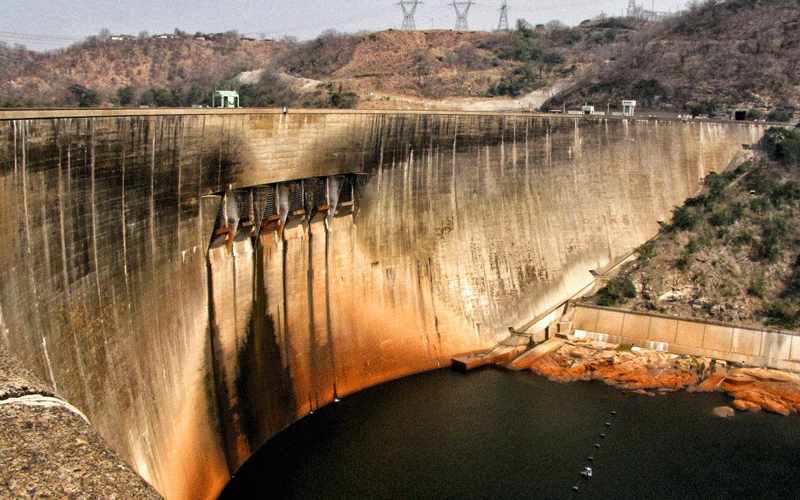
THE current power outages, which intensified as a result of the suspension of power generation at Kariba South power station could result in massive job losses.
Zimbabweans last week were shocked by an unexpected announcement that Lake Kariba had run out of usable water for power generation.
According to a letter by the Zambezi River Authority (ZRA) to Zimbabwe Power Company (ZPC), the state power utility went above the stipulated generation capacity, breaching water rationing.
ZRA chief executive officer Munyaradzi Munodawafa told ZPC that generation would be suspended until January 2023.
This was modified in the course of last week to allow Zesa to generate 300 MW, but still leaving the country with a woefully inadequate power supply.
Zimbabwe Congress of Trade Unions (ZCTU) secretary general Japhet Moyo said the current power outages could lead to a bloodbath in the labour market.
“Retrenchments are bound to increase as the power cuts will mean that employers will not see the sense of keeping workers who will be roaming around the workplace doing nothing,” Moyo said.
The power cuts come at a time when the economy is hard hit by a debilitating liquidity crunch, currency distortions, foreign currency shortage and three-figure inflation.
- Ex-ZBC staffer, MP appeal dismissed
- ZCTU and ILO turn blind eye to pensioners’ plight
- Munodawafa drops Munyaradzi
- Kariba dam in recession
Keep Reading
Moyo said the retrenchment of workers will be inevitable as production is set to take a drastic knock, as a result of prolonged power cuts which are lasting up to 19 hours daily.
He said the power outages will severely weaken workers on the collective bargaining table as they cannot call for salary increments when the employer is in a production reduction mode.
Moyo noted that some employees have since shifted to working during the night when electricity is available, adding that workers will also be affected by the failure of companies to meet set production quantities.
Labour market analyst and former Employer’s Confederation of Zimbabwe (Emcoz) executive director John Mufukare said the prolonged power outages spell doom for workers.
“The power outages are a significant threat to jobs because industry cannot operate without power. You now have a situation whereby workers come to work and just sit around with nothing to do and go back home,” he said.
“It is ridiculous. I see retrenchments coming as a result of this. I do not see this problem ending in a hurry. We are up a creek without a paddle.”
Mufukare said the growth projections by Finance minister Mthuli Ncube when he presented the 2023 National Budget last month were “now out of the window”.
Labour negotiation expert and Association of Designated Agents of Zimbabwe (ADAZ) chairperson Itai Bonda said power outages will result in workers being sent home.
“Industry is anchored on power supply, so when the electricity comes for a few hours at night, businesses will be strained,” he said.
“We are likely going to see workers being sent home and the aspect of non-payment will also come up as a result of reduced production.”
The job losses will add to the total of 314 304 jobs lost during the fourth quarter of last year, according to the national statistical body, Zimstats.









